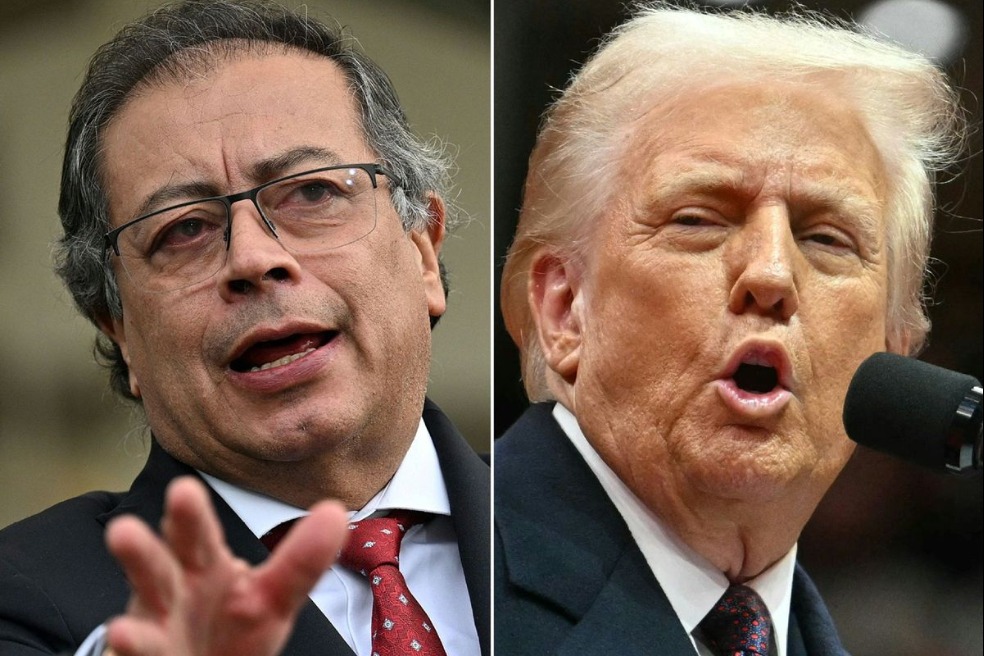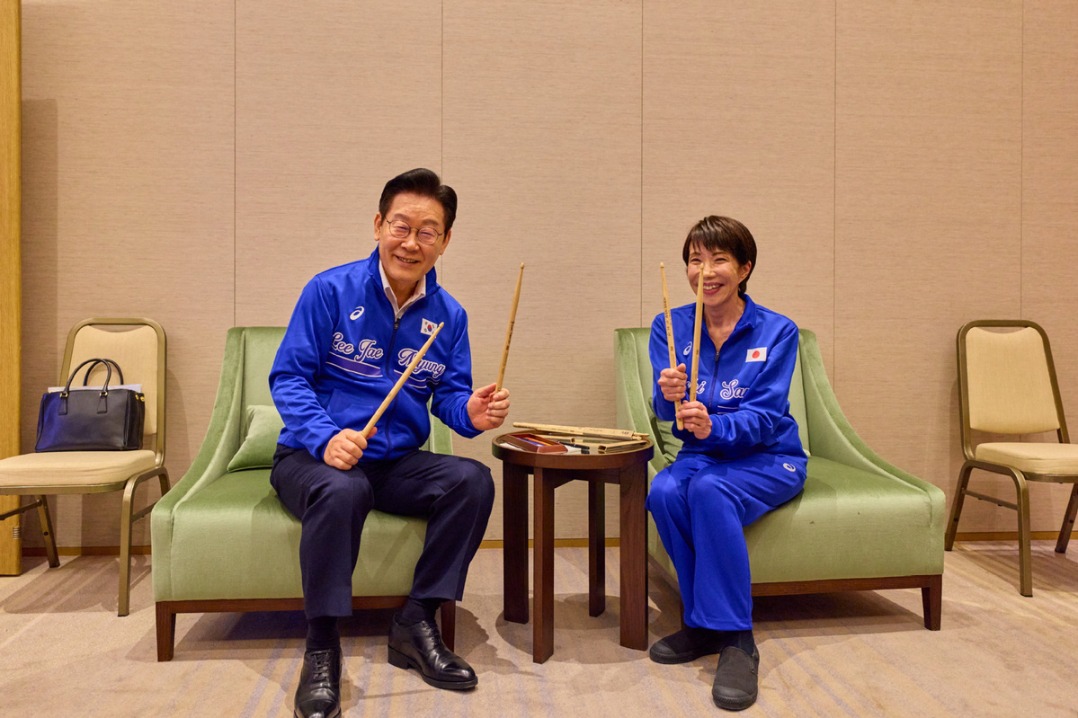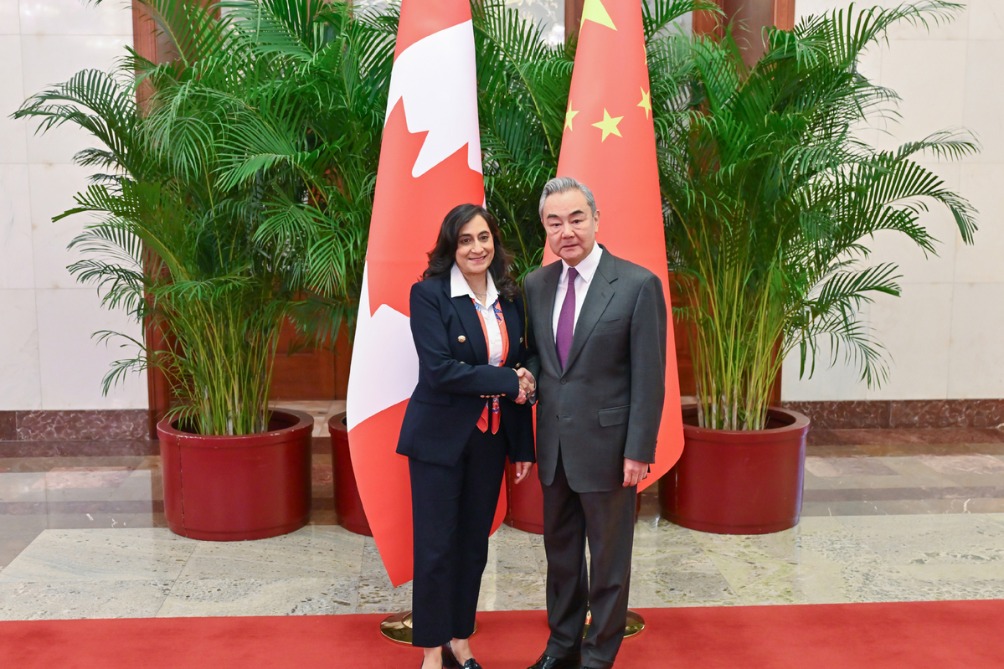Expert: China ties enriched US for 50 years


David Firestein, president and CEO of the Houston-based George H.W. Bush Foundation for US-China Relations, believes that "the United States, like China, has benefited from the US-China engagement" over the past 50 years.
He was speaking in response to a speech by US Secretary of State Mike Pompeo at the Richard Nixon Presidential Library and Museum in California last week in which he accused China of "trade abuses that cost American jobs and strike enormous blows to economies all across America" and "sucked supply chains away from America".
Firestein said he does not endorse the view he called now dominant in both major US political parties that engagement with China represents a failed policy and that the US has derived no benefit whatsoever from engaging with China over the past five decades.
"A fairly narrow and simplistic, but still compelling, way to make this point is simply to ask those Americans who have held US stocks or mutual funds over the last 30 or 40 or 50 years-and almost half of US households have in fact owned equities since the year 2000-'What was your investment portfolio worth in 1970, 1980 or 1990? And what is it worth today?'" he said.
Firestein said that many of the most vocal critics of US engagement with China today are wealthy elites who have long benefited financially from investments in US companies that have grown and succeeded in large part by engaging with China.
According to a 2018 MarketWatch report, from before the US-China trade war reached its current state, the top 20 US companies in the S&P 500 with the highest level of sales in China-led by Apple and Intel-reported total sales of $158.4 billion to China.
"Disengaging from China in the way [the Trump] administration envisages would undermine important US national security interests and bring significant economic hardship to a large swath of the American people," said Firestein.
The US goal of getting to a place of greater reciprocity in its relationship with China is appropriate, he said, but that the issues are not being addressed in a meaningful way.
"There are many self-evident, glaring asymmetries in the relationship that need to be rectified. The problem with the Trump administration's approach is that the so-called solution to this problem has ended up being considerably worse than the problem."
As a result, Firestein pointed out that the average annual US merchandise deficit with China is up, US manufacturing jobs are being lost, and American producers and consumers are paying more today than they were two years ago.
"This is an odd definition of winning," said Firestein. "China presents real and, in some cases, profound challenges to the United States. In my view, the United States needs to approach those challenges with less ideological rigidity and greater analytical honesty and intellectual flexibility than it is at present."
Different lenses
The US and China see the 50-year bilateral relationship through starkly different lenses, Firestein said, and talk about it that way, too.
"China, as evidenced by the recent speech by State Councilor and Foreign Minister Wang Yi, continues to embrace the more traditional view… that the relationship has benefited both countries over the last nearly 50 years, dating back to the former US secretary of state Henry Kissinger and Nixon visits of 1971 and 1972.
"The United States, under the Trump administration," he continued, "has evidently come to an opposing view: Namely, that the US approach to China over these last five decades has greatly benefitted China-but to the substantial detriment of the United States-a zero-sum dynamic."
Firestein pointed out that the central premise of Nixon's approach to China in the early 1970s was that, notwithstanding profound differences in political values and systems, the US and China could nonetheless work together in ways that benefited both countries and the world.
He said that the fundamental logic of engagement still holds, despite the long-overdue need for significant adjustments in the relationship toward greater reciprocity.
"But we cannot lose sight of this truth: China is both a formidable national competitor to the United States and an indispensable partner. It is not an either-or. We will get our nation's approach to China right when we realize this," Firestein said.

































